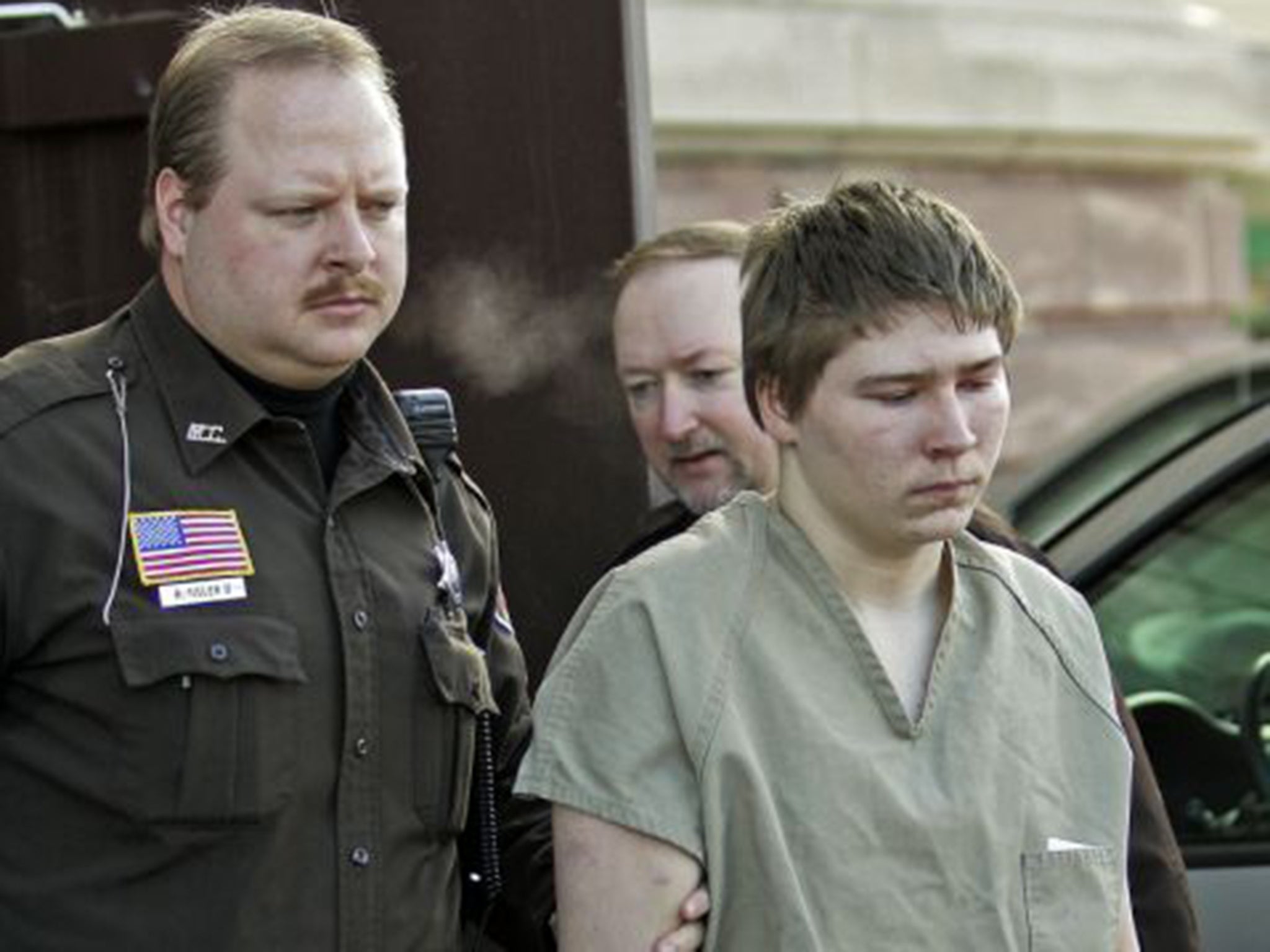Brendan Dassey: US court set to reconsider 'Making a Murderer' case after overturning conviction
Brendan Dassey and his uncle Steven Avery were convicted in separate trials for the murder of photographer Teresa Halbach in 2005

Your support helps us to tell the story
From reproductive rights to climate change to Big Tech, The Independent is on the ground when the story is developing. Whether it's investigating the financials of Elon Musk's pro-Trump PAC or producing our latest documentary, 'The A Word', which shines a light on the American women fighting for reproductive rights, we know how important it is to parse out the facts from the messaging.
At such a critical moment in US history, we need reporters on the ground. Your donation allows us to keep sending journalists to speak to both sides of the story.
The Independent is trusted by Americans across the entire political spectrum. And unlike many other quality news outlets, we choose not to lock Americans out of our reporting and analysis with paywalls. We believe quality journalism should be available to everyone, paid for by those who can afford it.
Your support makes all the difference.A US court is set to reconsider the decision to overturn the murder conviction of one of the cases chronicled in Netflix documentary Making a Murderer.
Brendan Dassey’s conviction was overturned last August after a judge found he gave a coerced confession when interviewed as a then 16-year-old with learning disabilities.
But Wisconsin Attorney General Brad Schimel’s appeal for the case to be reheard has been granted by the US 7th Circuit Court of Appeals to present new oral arguments.
The now 27-year-old has never been released and will be kept behind bars during the appeals process.
Dassey and his uncle Steven Avery were convicted in separate trials for the murder of photographer Teresa Halbach in 2005.
Her charred remains were found in a burn pit on Avery’s property, roughly 80 miles north of Milwaukee.
The case drew international attention after the story of Steven Avery’s life featured in the Emmy-winning documentary.
Avery had previously served 18 years in prison for an unrelated rape in 1985 but was exonerated by DNA evidence.
Months later he filed a $36 million (£27m) lawsuit against the county but the next year, he and Dassey were accused of Ms Halbach’s murder.
Producers of the 10-part series focused on the alleged mishandling of the case and heavily implied authorities planted evidence in order to achieve a conviction, a claim vehemently denied by the Sheriff’s office.
Dassey’s new case will be heard by the full 12-member circuit court on 26 September.
Additional reporting by Reuters
Join our commenting forum
Join thought-provoking conversations, follow other Independent readers and see their replies
Comments